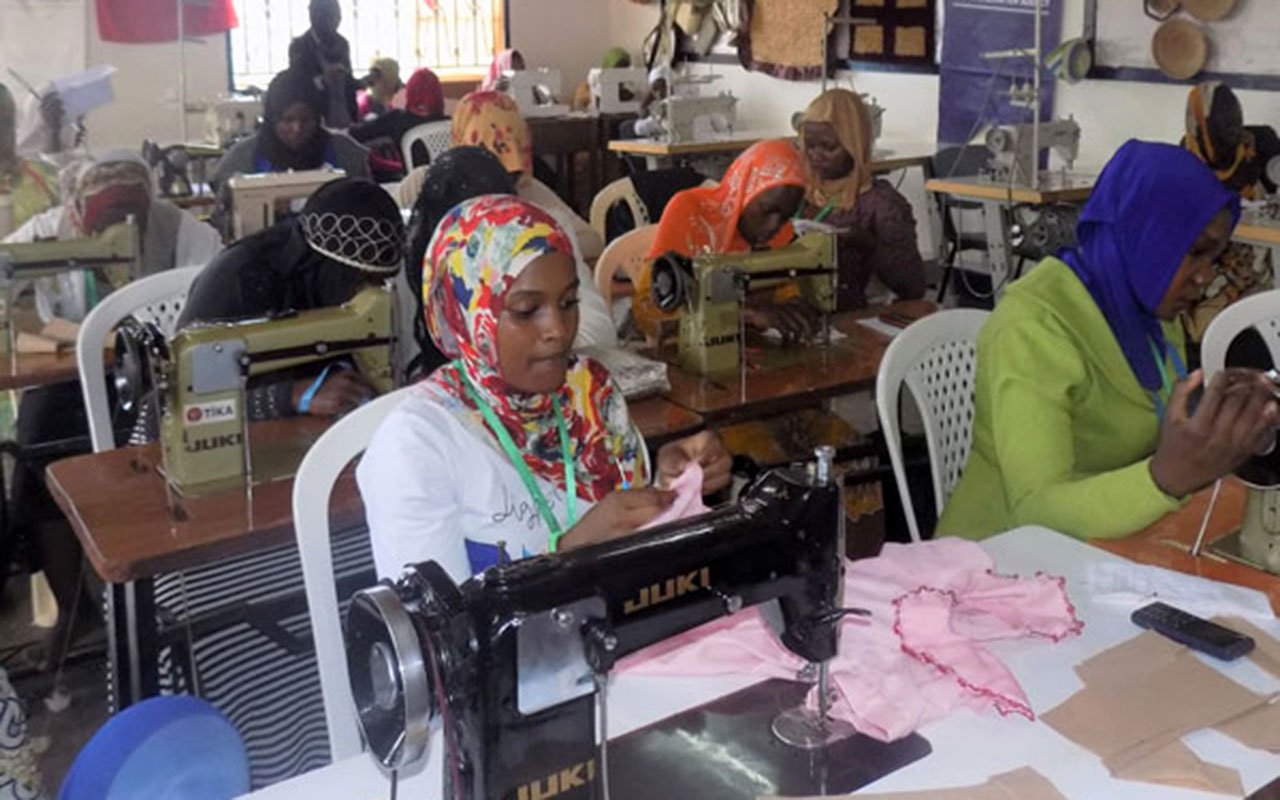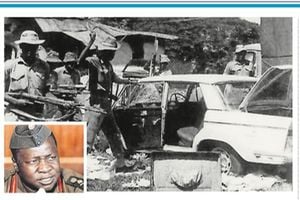Prime
Political narcissism and leadership crisis in Uganda

Author: Joseph Ochieno.
What you need to know:
- Political narcissists hold individuals and communities hostage. They hold local party structures hostage.
Earlier this week, I had cause to talk to a good friend in town, one of the many I know who have been victims of relationship breakdown following domestic violence. Typical of many increasing cases – even among the urban elites – where perpetuators (especially men), seem to result from narcissistic behaviours.
Being a committed feminist and campaigner against all forms of violence and abuse, especially against children, women and the most vulnerable in society, I opted to revisit the concept as defined by conduct.
These personalities tend to have exaggerated, inflated sense of self-importance, they deeply and almost permanently need excessive attention and admiration, however calmly they might appear; they lack empathy for others, are always around troubled relationships – if not family that they subdue in silence, it will be in their professional or in public discourses.
They are driven by need for admiration, a sense of entitlement, interpersonally exploitative yet with high levels of arrogance, a coldness of naughty attitude and tendencies. Controlling and grandiose, they are highly egoistic and cheeky, they never take responsibility, even when caught pants-down. A mere apology to them is a weakness. You can imagine how corrosive these people are in society.
Then I thought politics: from the various kingdoms and identity republics in Uganda, pre- and post-independence, I reviewed the men and women I have come to know in public life. Those I have met and those I have not met; here in Uganda and across Africa, Europe and North America, including those who lived before us, but traced from history, oral tradition and literature. It is scary.
While narcissists in private lives destroy individuals, children and eventually families, those in public life do worse; they destroy lives, communities, nations and in many cases, cause global wars with colossal costs attached.
Political narcissists hold individuals and communities hostage. They hold local party structures hostage. They hold whole political parties hostage. They destroy nations.
Except for the relative structural strength of the African National Congress (ANC) of South Africa and very few others on the continent (UPC was part of this club until not so long ago), there are not many political parties and organisations with sufficient capacity to deal with this cancer.
In Uganda, nearly all political organisations have not had the opportunity to strengthen their institutions, especially as emergent political parties are more likely to fall prey to the founders’ syndrome that easily leads to the strong-man-illness; a fine recipe for narcissists to emerge, thrive or prosper.
I warned on these columns that ideas – not personalities – should lead and govern our politics; (Sunday Monitor October 31, 2021: Besigye, Bobi focus diversionary), that as part of the Opposition campaigns, emphasis should be on a national resolve to enable a critical mass, not who is the strongest or best placed to replace Mr Museveni. In the week that passed, unfortunately, Norbert Mao, Robert Kyagulanyi with their parties again hit the headlines – negatively.
Then I thought; in democracies elections are won from the centre. Centre-left or centre-right. Very rarely on the extreme-right like Donal Trump’s, the outcomes of which are always divisive and toxic. In Uganda, if we were to focus on values and ideology and not personalities, we would have no more than three viable political parties competing for a chance for a real shot at State House.
The Mao-Besigye-Kyagulanyi sparks are then perhaps, imperative signs of long-term re-alignments that must occur if true change is to be realised in Uganda and democracy to settle.
According to 1 Peter 5:1-3, leaders are those who are witnesses to the sufferings of Christ, exercise oversight and certainly not for shameful gains but as examples of the flock. It is possible, just believe in better.
The writer is a pan-Africanist and former columnist with New African Magazine




